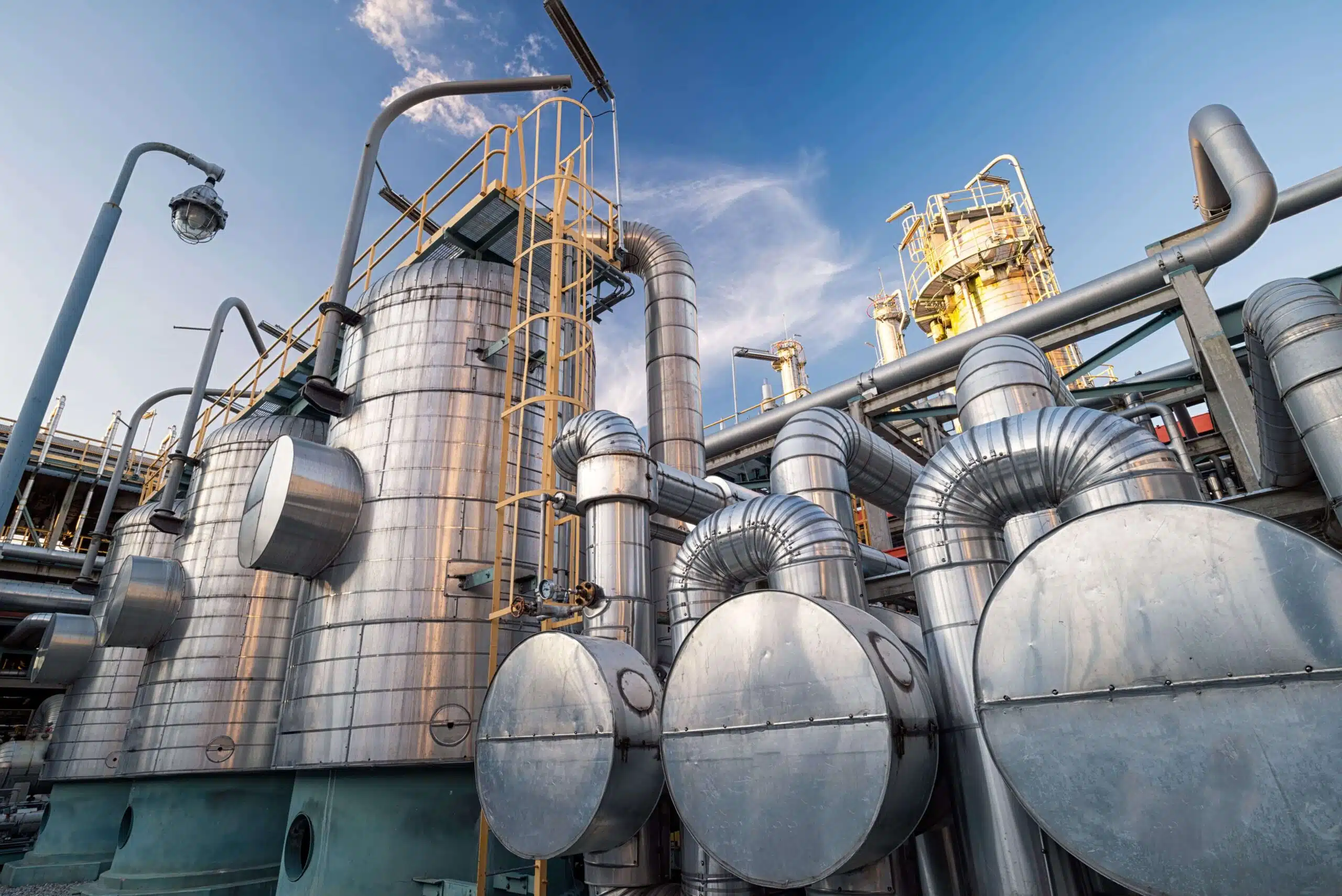- November 8, 2023
- Perspectives
Clearing the Air on U.S. Hydrogen Hubs


Aaron Gordon, PE
Hydrogen Practice Lead
On October 13, 2023, the United States Department of Energy (DOE) announced the launch of seven clean hydrogen hubs (H2Hubs). This $7 billion program will concentrate federal investment into geographic areas to spur innovation and catalyze the clean hydrogen market. An H2Hub is a regional network of hydrogen producers, consumers, and local connective infrastructure with a goal of demonstrating the viability of clean hydrogen to replace existing carbon-intensive processes.
All H2Hubs must have a Community Benefits Plan (CBP) through which the public can ask questions, request information, and share concerns. The H2Hubs have started this robust engagement process through virtual community briefings.
Our hydrogen experts attended all the briefings and came away with four takeaways on the H2Hubs so far:
1. This is only the beginning of a long and uncertain process.
Based on the DOE’s timeline, each H2Hub is at least eight years away from operating. In fact, the DOE has not even awarded any project funding yet. The DOE outlined four phases of its H2Hub implementation plan:
Phase 1. Detailed Planning
Phase 2. Project Development
Phase 3. Install, Integrate, Construct
Phase 4. Ramp-Up & Operate
Each phase will begin and end with more negotiations with the DOE and go/no-go decisions by the department. We expect negotiations to include engineering design, procurement, construction, business development, management, permitting, safety, and community benefit commitments. Additionally, project funding could evaporate if certain goals or expectations are not met during negotiations. As a result, the H2Hubs are hesitant to advertise or promote projects until they reach these milestones.
2. An H2Hub is a collection of infrastructure and engineering projects related to hydrogen production and usage.
Some H2Hubs have provided conceptual ideas about their anticipated projects while others have kept information confidential. We anticipate more detailed announcements as the H2Hubs negotiate each project with the DOE. A few H2Hub projects have started procurement, but the majority may wait until the final award decisions.
Each H2Hub has a prime contractor that assembled the proposal, engaged stakeholders, and selected the projects. They will be the liaison between the H2Hub and the DOE. Most of the prime contractors are led by a combination of advisory boards, advisory councils, steering committees, and boards of directors.
3. Each H2Hub will look different and that is by design.
The Infrastructure Investment and Jobs Act (or Bipartisan Infrastructure Law) of 2021 mandated that the DOE establish at least four regional clean hydrogen hubs according to specific criteria relating to feedstock diversity, end-use diversity, geographic diversity, proximity to natural gas producing regions, and employment opportunities.
In this context, the final H2Hub selections reflect the legislation. The H2Hubs with the most existing hydrogen infrastructure, namely California and the Gulf Coast, have received the most funding as they invest in meeting clean hydrogen production standards. Additionally, the abundant renewable resources in the Pacific Northwest and the abundant fossil fuel resources of Appalachia are both viable hydrogen feedstocks. The Dakotas have both renewable and fossil fuel resources in conjunction with a feasible low-carbon fertilizer market that can utilize clean hydrogen, and the Mid-Atlantic and the Midwest offer decarbonization opportunities for the industrial and manufacturing sectors.
Many advocacy groups, policy pundits, and individuals have criticized the H2Hub selections for tolerating natural gas feedstocks. For better or worse, this tolerance also reflects the legislative mandate given to the DOE. Regardless of feedstock, all H2Hubs must meet the clean hydrogen production standard (CHPS) of ≤4.0 kgCO2e/kgH2 for lifecycle greenhouse emissions. The DOE will enforce adherence to the CHPS at each implementation phase while the CBPs and the existing federal environmental regulations can help curb emissions and cater to the needs of each community.
4. The H2Hub funding represents only a fraction of the overall investment in hydrogen technologies.
In addition to the $7 billion provided by the DOE, the H2Hub recipients have committed over $40 billion themselves to execute the projects in their proposals.
The DOE and federal government have many other investments in hydrogen technology beyond the H2Hub program. The Inflation Reduction Act in 2022 established the clean hydrogen production tax credit and, we’re still anticipating specific guidance from the United States Treasury. The DOE also announced its intention to fund up to $1 billion in demand-side projects to identify more hydrogen offtakers, and it has already funded $1.5 billion in clean hydrogen research relating to electrolysis, manufacturing, storage, distribution, and recycling.
All these programs connect to the DOE’s overall Hydrogen Shot initiative to reduce the cost of clean hydrogen to one dollar per one kilogram by 2031, an 80% reduction in the cost of clean hydrogen in just 10 years. While it may seem impossible or unlikely, the DOE has succeeded with similar programs. The 2010 SunShot initiative aimed to reduce the cost of solar energy by 75% by 2021. They met their goal in 2017.
If the DOE succeeds again, clean hydrogen will be a cost-competitive energy carrier. If you are planning to invest in hydrogen and any H2Hub projects, we would love to hear from you!
About the Author

Aaron Gordon, PE
Aaron is a hydrogen practice lead focusing on the planning and construction of public infrastructure and hydrogen energy projects. He has designed hydrogen storage and fueling facilities all over the United States and has experience working with a variety of clients, including local municipalities, utility districts, DOTs, public authorities, transit agencies, large commercial retailers, non-profits, renewable energy developers, and clean energy start-ups. Aaron specializes in hydrogen fuel-cell vehicle planning, hydrogen storage and dispensing systems, hydrogen system permitting, civil engineering, and structural analysis and design.
